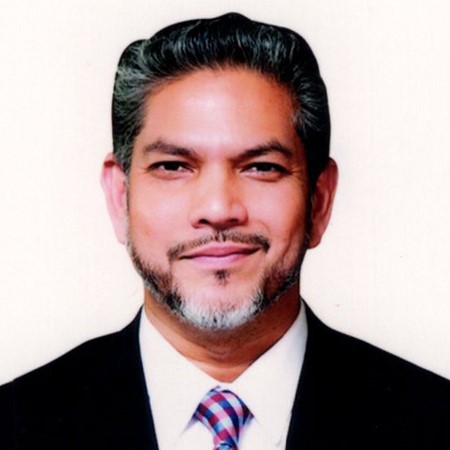Faisal Samad, Director, BGMEA
First, as a garments manufacturer; second, as a board member of the BGMEA; and above all, as a conscious citizen of Bangladesh, the preliminary tariff imposed by President Trump this past April — along with the possibility of even higher future tariffs — has deeply concerned me.
From that moment, global trade negotiations took a new turn. From West to East, every nation began striving to secure the best deal for itself.
Initially, the Bangladesh government was somewhat hesitant, as the discussions were restricted by several challenging non-disclosure agreements.
However, through extensive monitoring, data analysis, and consultation — particularly under the guidance of BGMEA President Mahmud Hasan Khan — we were able to arrive at an optimal decision based on relevant information and stakeholder feedback.
But the real work begins now. Although the newly imposed tariff rate is lower than India’s and equal to that of Vietnam and Cambodia, it will still place cost pressures on the industry.
We must now re-engage in negotiations with buyers and develop a long-term roadmap that considers cost, opportunity, and expansion — all aimed at sustaining access to the world’s largest market.
While China appears to be falling behind at present, we must not take its position lightly. Data from the past three months suggests that, despite facing the highest level of tariffs, China’s exports have not significantly declined. In fact, China appears to have identified new strategies to reposition itself competitively.
We are grateful to all those who participated in this complex negotiation process and played a constructive role in achieving the final outcome. Now is the time not only to take a moment of relief but also to prepare for the future. What we need is a unified national strategy that brings together educational institutions, the government, policymakers, civil society, labour federations, and all trade organisations.
If we can collectively and strategically define our position, these economic shifts could open immense opportunities for our country.
Together with the BGMEA President and my fellow board members, I remain committed to reviewing the data and assessing future prospects carefully — with the hope that we can move forward in a more informed, effective, and united manner.


